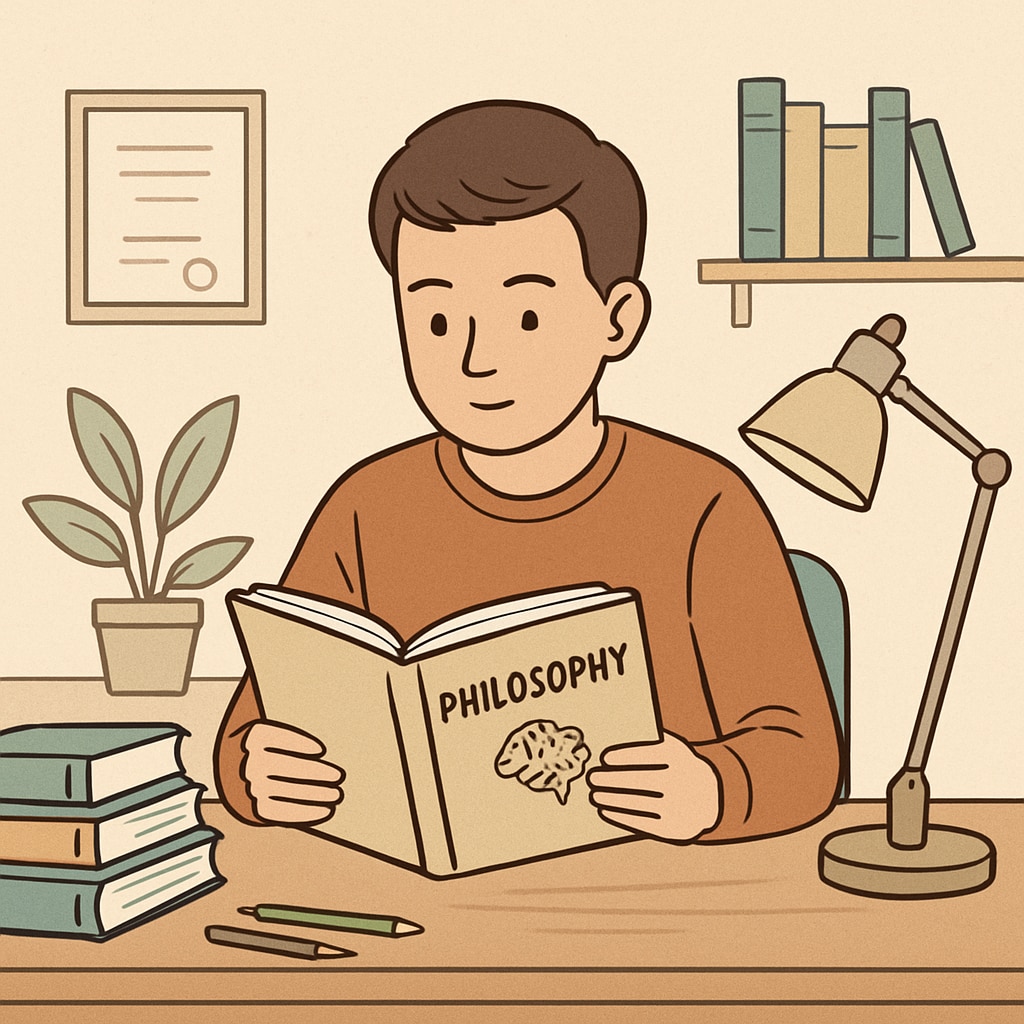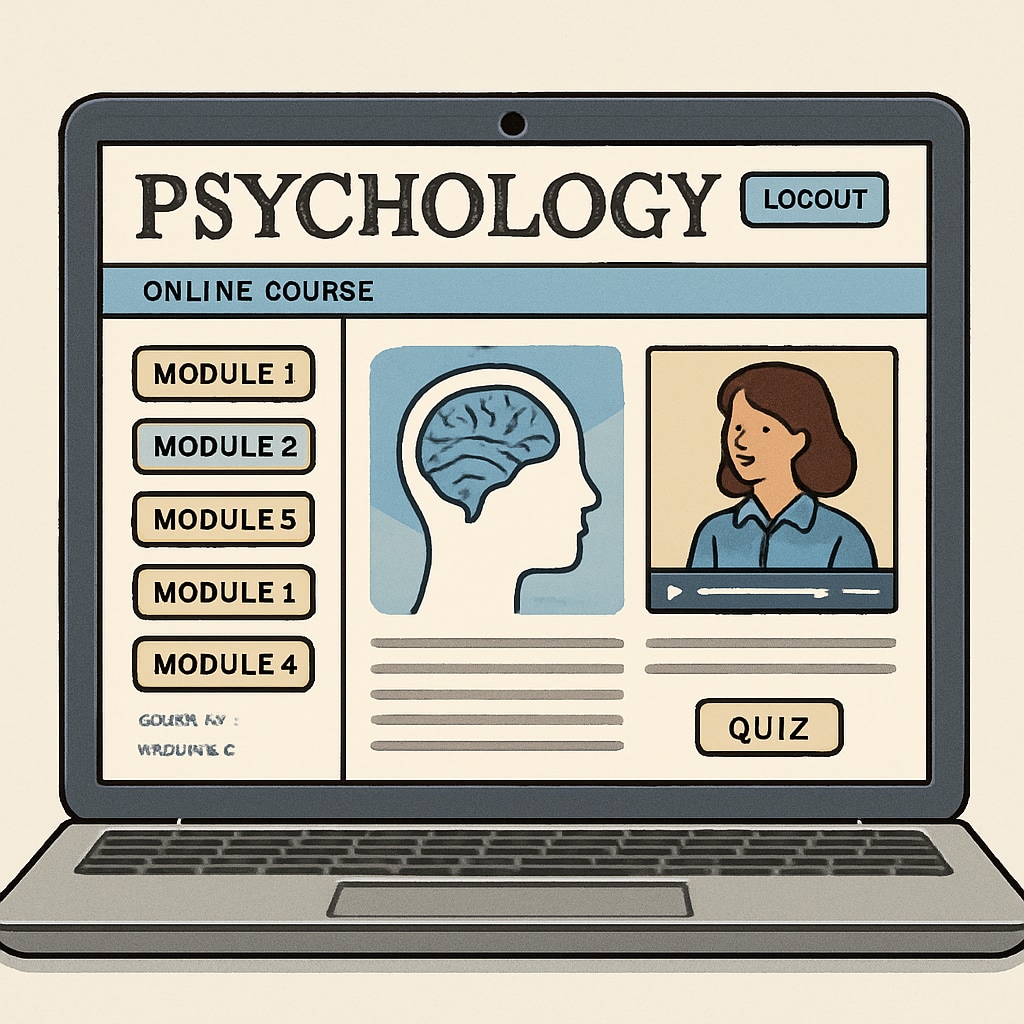Psychology, philosophy, and self-learning are increasingly popular areas for K12 students seeking to expand their intellectual horizons beyond traditional school curricula. These fields offer valuable tools for understanding human behavior and critical thinking, making them suitable for young learners who wish to explore new ideas independently. In this article, we provide a comprehensive guide to resources that can help K12 students embark on their journey of self-learning in psychology and philosophy.
Books for Beginners: Exploring Psychology and Philosophy
Books provide an excellent entry point for young learners curious about psychology and philosophy. Many authors have written accessible introductions to these topics that are both engaging and educational. Here are some recommendations:
- Psychology: “The Psychology Book” by DK offers clear explanations of psychological concepts and famous experiments.
- Philosophy: “Sophie’s World” by Jostein Gaarder is a novel that introduces philosophical ideas through storytelling.
- Both Fields: “Think” by Simon Blackburn is a concise yet profound guide to philosophy and critical thinking.
These books are ideal for building foundational knowledge while inspiring curiosity. They also provide a stepping stone to more advanced texts later on.

Interactive Platforms: Online Courses and Apps
For K12 students who prefer interactive learning methods, online courses and apps can be a game-changer. Platforms like Coursera and Khan Academy offer free or affordable courses tailored for beginners:
- Coursera: Courses like “Introduction to Psychology” by Yale University provide a structured curriculum for young learners.
- Khan Academy: Philosophy modules simplify complex ideas into engaging lessons.
- Apps like Headspace or Calm: While primarily focused on mindfulness, they introduce psychological concepts like stress management and emotional intelligence.
These resources allow students to learn at their own pace, making them ideal for self-directed education.

Hands-On Activities and Community Engagement
Learning psychology and philosophy doesn’t have to be limited to books and screens. Practical activities and community engagement offer a dynamic way to apply concepts in real-world settings.
- Psychology Experiments: Conduct simple experiments, such as observing how people react to different stimuli, to understand behavioral patterns.
- Philosophical Debates: Join local debate clubs or online discussion forums to practice critical thinking and argumentation.
- Community Engagement: Volunteer in mental health organizations or attend public lectures to gain exposure to applied psychology and philosophy.
These activities help students develop practical skills while fostering a sense of connection with others who share similar interests.
Why Self-Learning Matters for K12 Students
Self-learning empowers students to explore subjects they are passionate about without the constraints of formal classroom settings. It also teaches valuable skills like discipline, curiosity, and adaptability. As a result, diving into psychology and philosophy can prepare K12 students not only for academic success but also for personal growth and lifelong learning.
By leveraging the resources outlined in this guide, young learners can embark on a meaningful journey of intellectual discovery. Whether through books, online courses, or hands-on activities, the opportunities for growth are limitless.
Start your exploration today and discover the power of self-learning in psychology and philosophy!


